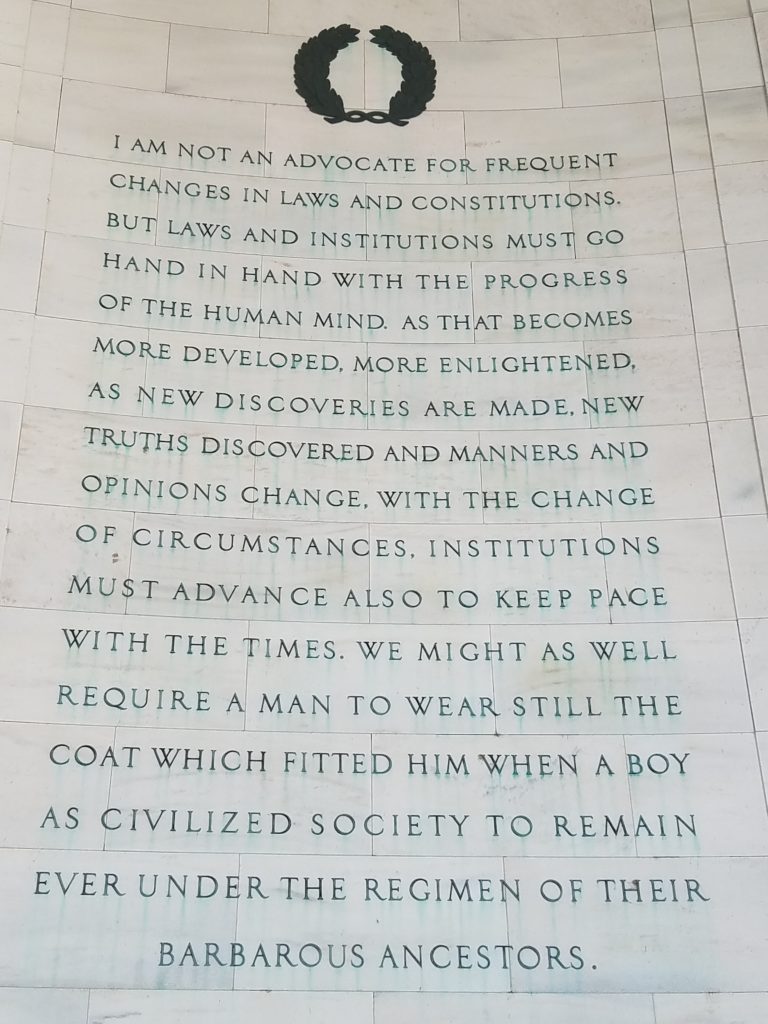by Dan Amos
I live on South Hill, so I am very familiar with rocks. We’ve landscaped with rocks mostly dug up from planting things, putting in a fence, etc. I’ve even developed a tool to help me separate rocks from the dirt. It sifts the dirt and leaves the rocks and weeds to separate into buckets. I’m pretty sure my wife thinks I’m crazy, but I get satisfaction out of taking a mess and coming out with a bucket of just rocks to add to the landscaping. The process is simple and gives me time to think, and one of the things I’ve been thinking about is this process as a metaphor for what Martin and Brian have been teaching.
Jesus was the ultimate evangelist. He had His discipleship ministry with a small number of people and He had His larger teaching and preaching ministry with the crowds. In Mark 4, he was speaking to a crowd from a boat on the lake about the soils as a metaphor for how his teaching would be received differently by people.
Some would hear and become mature disciples, while others would hear and not produce fruit because of Satan, failure to embrace what they heard, or distraction by the things of life. This last Sunday, Brian moved the thought along to those who embraced the Word and matured as disciples. He used the qualifications for elders in 1 Timothy 3 as markers of maturity for all Christians.
How did they get to this point? Were they just blessed from the beginning with the circumstances to allow belief and growth? Maybe partially, but they were cultivated. Maturing in faith is a community process. The pastors and leadership are charged with protecting the church, reinforcing the Word first heard, and protecting the hearers from being snatched away or failing to grow.
The rocks have to be removed. Disciple people to put down roots. Remove the rocks of infidelity, anger, drunkenness, and greed and replace them with a love of others and God’s Word.
Weeds are stubborn things. In Jesus’s parable, weeds are the worries of this life that choke out our spiritual growth. Some of them can actually look nice, but they will choke out good plants and take over. It can even seem noble to carry the burdens of others, but we have to guard against letting others’ life choices choke out our own spiritual life. Paul mentioned false teachers and specific individuals in 1 Timothy 1 and talked about distractions in chapter 2. Repeatedly throughout 1 Timothy, he talks about the things that pull us away from the truth and he exhorts Timothy to persevere and counter those who sow discord.
It’s about cultivation. Work the soil and make it a healthy place to grow.
But you, man of God, flee from all this, and pursue righteousness, godliness, faith, love, endurance and gentleness. 12 Fight the good fight of the faith. Take hold of the eternal life to which you were called when you made your good confession in the presence of many witnesses. 13 In the sight of God, who gives life to everything, and of Christ Jesus, who while testifying before Pontius Pilate made the good confession, I charge you 14 to keep this command without spot or blame until the appearing of our Lord Jesus Christ, 15 which God will bring about in his own time—God, the blessed and only Ruler, the King of kings and Lord of lords, 16 who alone is immortal and who lives in unapproachable light, whom no one has seen or can see. To him be honor and might forever. Amen.
Views – 177

 Follow
Follow
